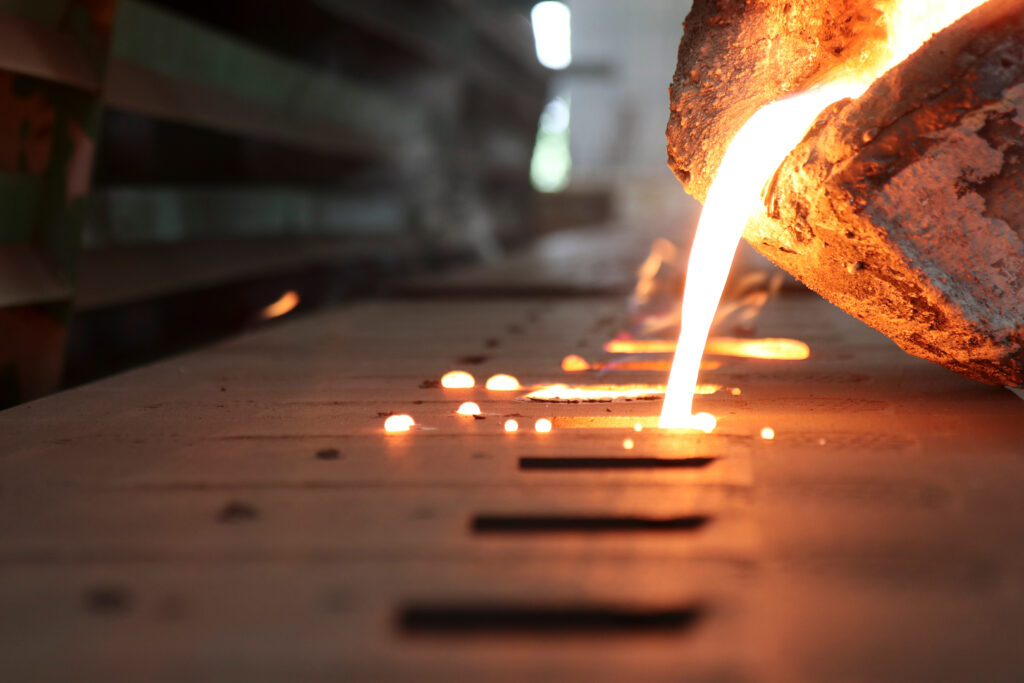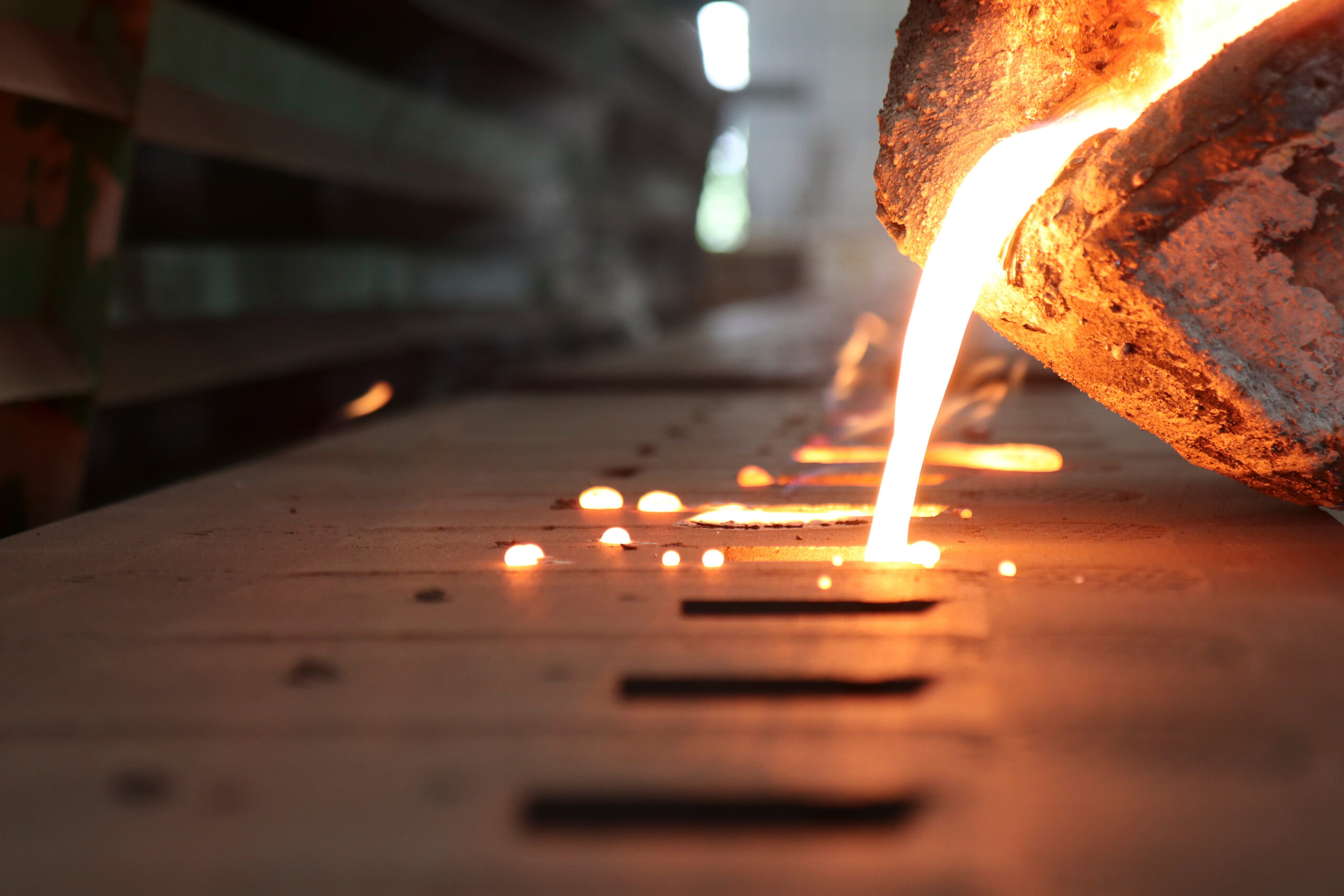
Overview
This case study highlights the successful execution of a $1M process improvement project in the metals refining industry. The project focused on upscaling trial equipment to full production capacity within a highly regulated Control of Major Accident Hazards (COMAH) site, leading to improved energy utilization and cost savings.
Challenge
The key challenge was to scale up trial equipment to a full-production installation while ensuring compliance with strict COMAH site regulations. This required meticulous planning, rigorous mechanical validation, and the integration of a dedicated control system to ensure safety and efficiency.
Solution
The project team implemented a structured approach, including:
- Engineering Design & Validation: Conducting mechanical stress analysis and computational fluid dynamics (CFD) analysis to confirm the system’s integrity and performance at scale.
- Control System Development: Designing and commissioning a dedicated control system to optimize operational efficiency and maintain compliance with regulatory standards.
- Installation & Commissioning: Implementing the full-scale system with close coordination between engineering, operations, and regulatory bodies to ensure a safe and seamless transition to production.
Results
The project successfully improved the efficiency of the metals refining process, delivering:
- Reduced energy costs through optimized process performance.
- Enhanced energy utilization, minimizing waste and increasing overall efficiency.
- Safe and effective integration of new equipment into a highly regulated industrial environment.
Lessons Learned
Several key takeaways emerged from the project:
- Balancing Safety and Efficiency: Achieving compliance within a COMAH site while maintaining project efficiency required proactive risk management and thorough planning.
- Persistence in Problem-Solving: A tenacious approach was essential to overcoming technical and regulatory challenges, ensuring a fully functional solution.
- Client Engagement: Close collaboration with the client throughout the project facilitated better decision-making and alignment with operational needs.
Conclusion
This project demonstrated the value of rigorous engineering, proactive compliance management, and stakeholder engagement in delivering process improvements within a highly regulated environment. The successful implementation not only optimized energy use and reduced costs but also reinforced best practices for future scaling efforts in metals refining.
Go to Engius.co.uk to find out more about the services we offer.



No responses yet